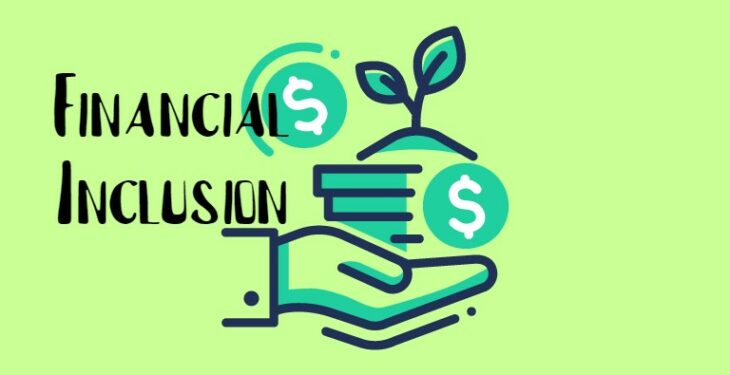Financial inclusion is the availability and equal access to financial services and products, such as banking, credit, and insurance, for all individuals and businesses, regardless of their income, location, or social status. It is an important aspect of economic development and a crucial factor in reducing poverty and inequality.
There are several reasons why financial inclusion is important. Firstly, access to financial services and products can help individuals and businesses manage their finances and make informed financial decisions. For example, having a bank account allows individuals to save money, make payments, and access credit, which can help them build a financial safety net and invest in their future. For businesses, access to financial services can help them grow and expand, creating jobs and contributing to economic development.
Secondly, financial inclusion can also help reduce poverty and inequality. In many developing countries, a significant portion of the population lacks access to formal financial services, and they are often forced to rely on informal financial arrangements, such as borrowing from moneylenders at high interest rates. This can trap individuals and households in a cycle of debt and poverty. By providing access to affordable financial services, financial inclusion can help individuals and households break out of this cycle and improve their financial well-being.
Finally, financial inclusion can also foster economic development and stability. When individuals and businesses have access to financial services, they can more easily participate in the formal economy and contribute to economic growth. Moreover, financial inclusion can help countries reduce their reliance on cash and increase the use of digital financial services, which can improve the efficiency and stability of the financial system.



